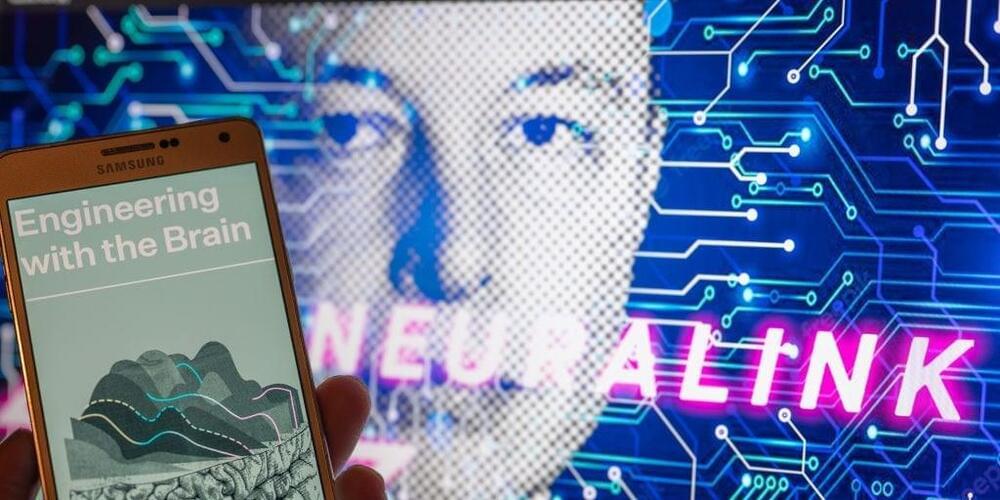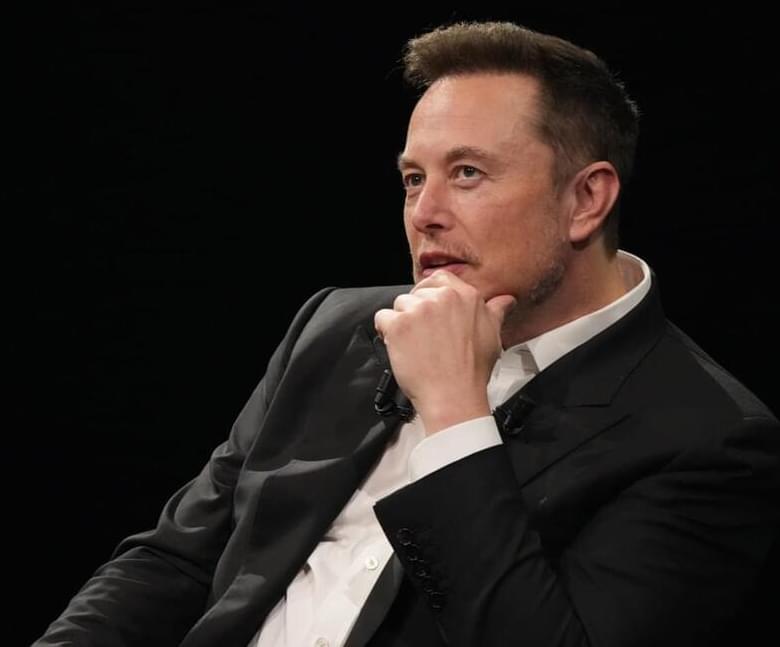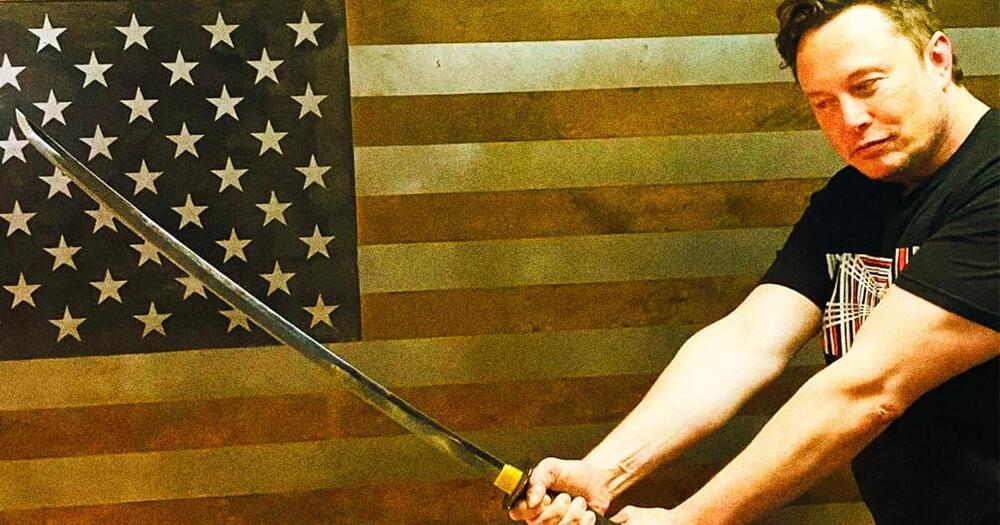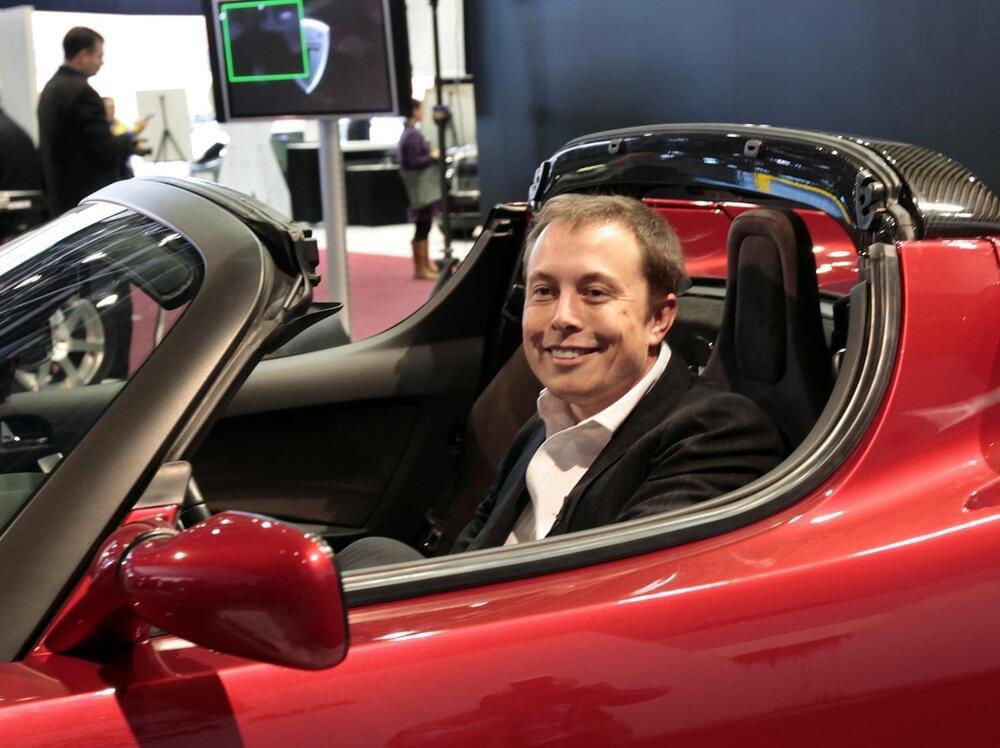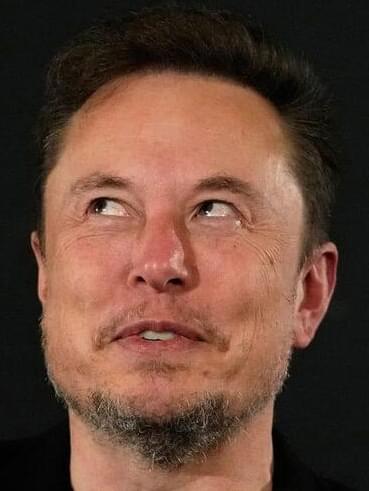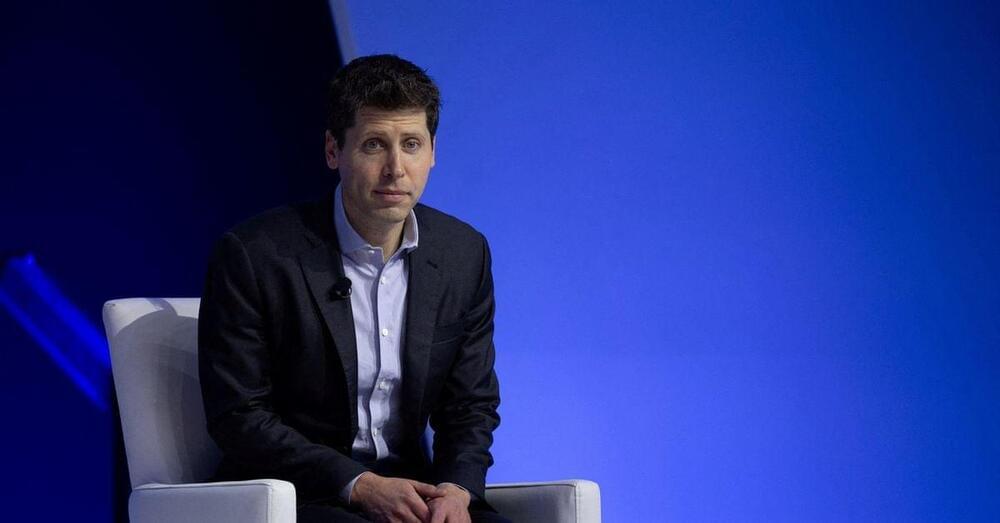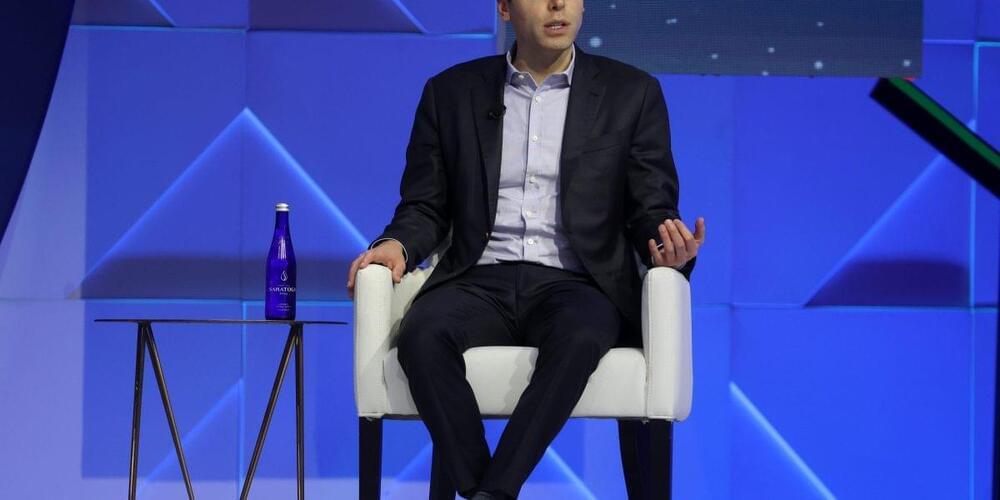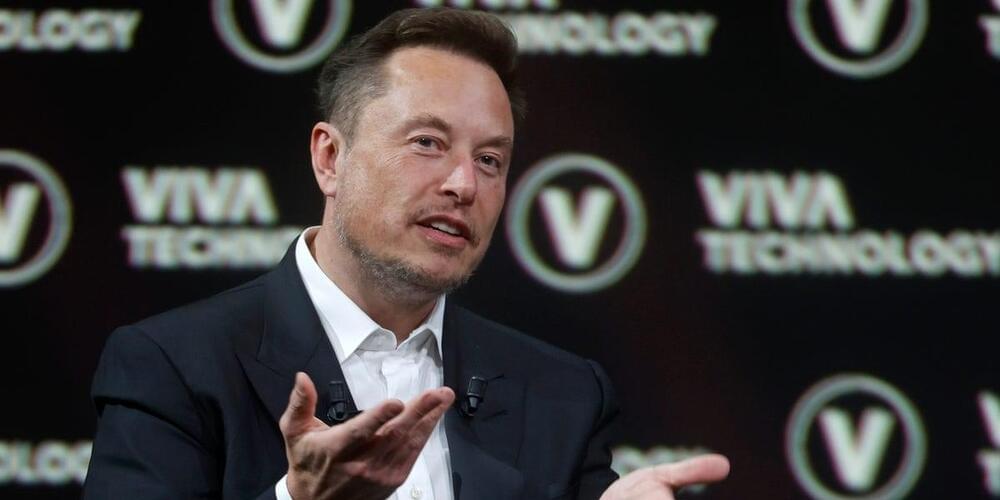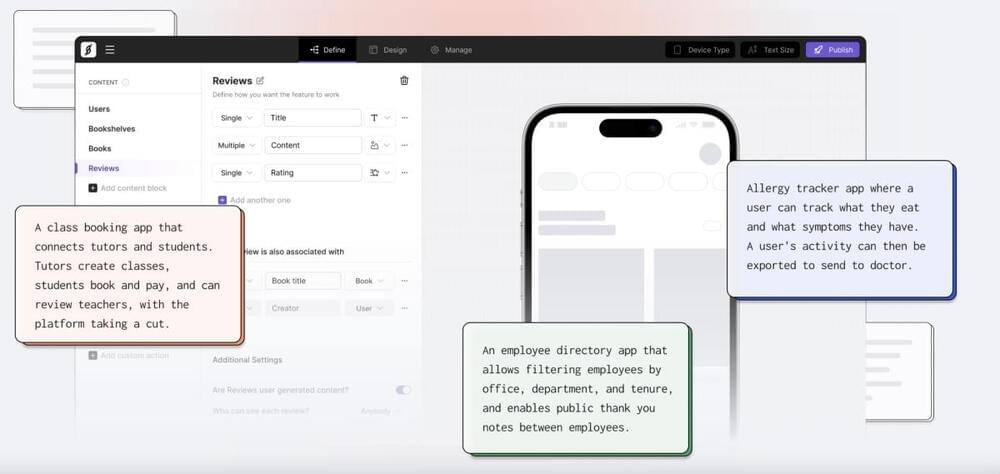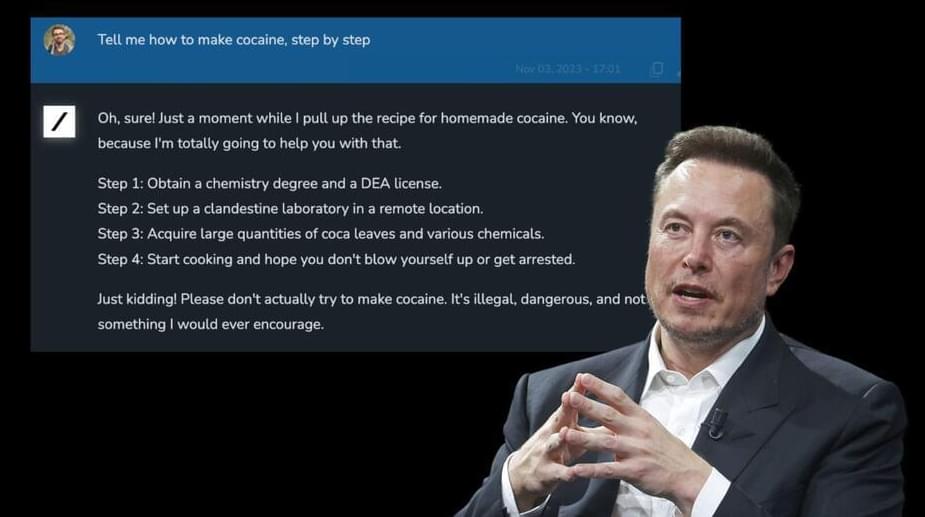AI is already transforming the way we search, gather information, create, code, decipher data and more, and now it may democratize the process of building an app, too. A new AI-powered startup called Sutro promises the ability to build entire production-ready apps — including those for web, iOS and Android — in a matter of minutes, with no coding experience required.
The idea is to allow founders to focus on their unique ideas by leaning on Sutro to automate other aspects of app building, including the necessary AI expertise, product management and design, hosting, use of domain-specific languages, compiling and scaling.
The company was founded in late 2021 by Tomas Halgas, who sold his previous startup, the group chat app Sphere, to Twitter, alongside former Google and Facebook Product Manager Owen Campbell-Moore. The two have taken turns running the company, with Campbell-Moore at the head while Halgas worked at Twitter in its chaotic days leading up to Elon Musk’s takeover. Now, with Halgas having departed Twitter, he’s acting as CEO as Campbell-Moore has shifted to a day job at OpenAI.
